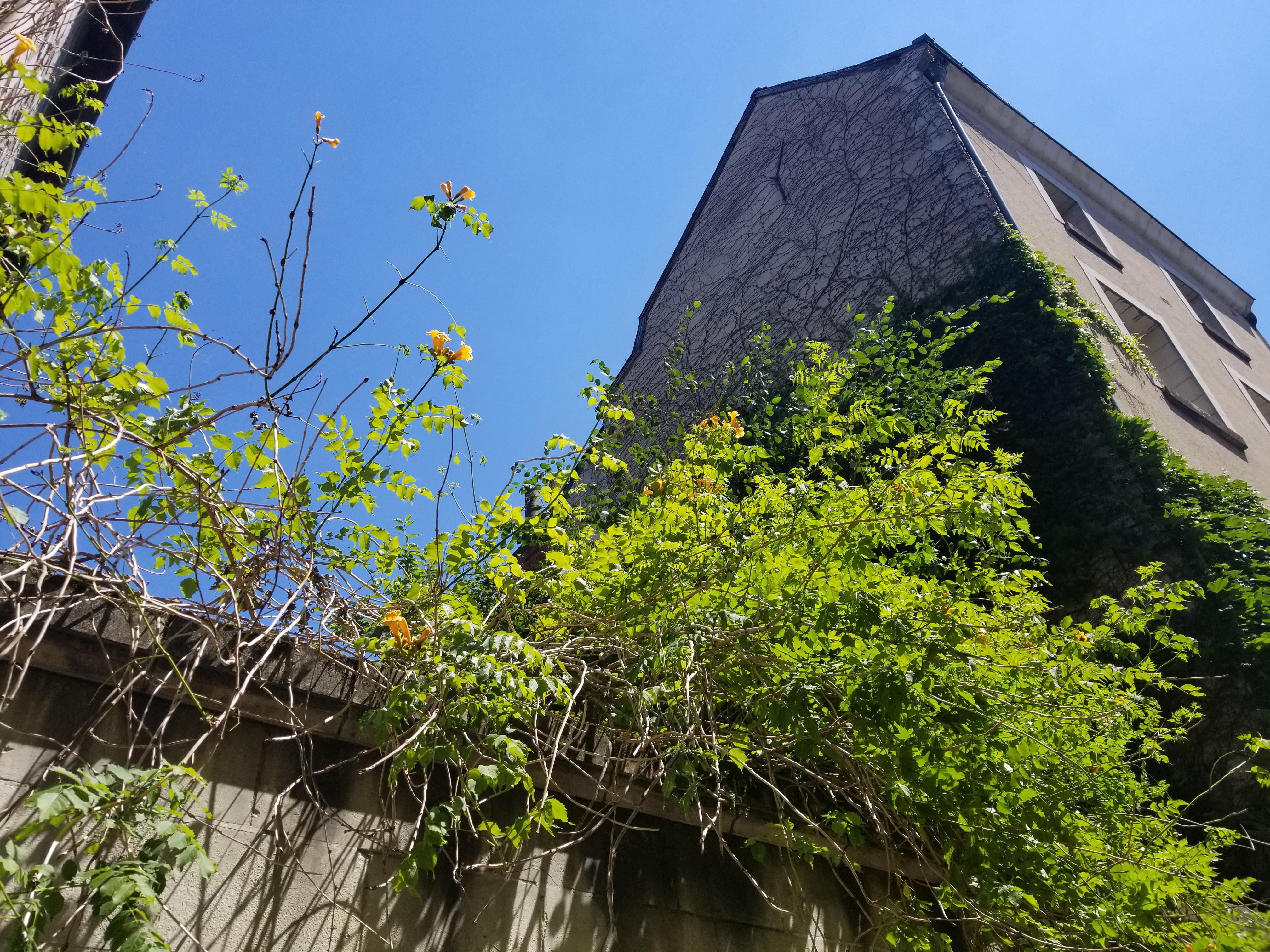
Samantha DeStefano
on translating David Diop
After his father’s death when he was eight years old, David Diop was raised by his mother, who often told him positive stories about Africa and taught him pride in Black culture to combat the racism they faced in France. Diop was limited by lifelong leg and lung disabilities that prevented him from completing his medical degree at the University of Montpellier. This poem is about his mother watching over his frequent hospitalizations and personifies Africa as a nurturing mother.
Other translators render on aveugla as “they blind” or in the passive voice as “is blinded.” However, I literally translated on as “one, everyone” to make it clear that Africans were actively and universally oppressed under French colonial rule. Similarly, I translated “Le mot se fait aristocrate” as “the word makes itself an aristocrat.” Unlike other translators’ “becomes” or “turns,” my literal translation of se fait as “makes itself” more clearly conveys Diop’s proud emphasis on African self-creation and agency.
I translated surgissent as “loom up” instead of “arise, appear” to create a tense mood in the opening line. I translated cri not as “cry” but as the more forceful, urgent “shout” to complement the previous line’s reference to the violence inflicted on colonized Africans and the violent resistance that Diop endorsed. I literally translated elle est ce as “it is this” instead of others’ “this is the” to equate the mother’s voice, Diop’s poem, and his plan for achieving African independence with a combination of revolt and love for tradition.
In “He Who Lost Everything,” David Diop’s language and images are simpler than his description of a vibrant, life-giving woman in “To My Mother.” While Diop celebrates African traditions in the latter poem, this antislavery poem mourns their destruction.
In Hammer Blows and Other Writings, translators Simon Mpondo and Frank Jones call this poem “Loser of Everything.” However, I think that the negative connotation of “loser” makes the anticolonial rebellion and African pride that Diop endorsed seem more difficult to achieve. I translated the title literally as “He Who Lost Everything” to make clear that the speaker’s worth is not defined by his loss and to emphasize the act of oppression instead.
The simple language in the first stanza allows Diop to evoke the peaceful, uncomplicated nature of life in Africa before colonial rule. In the second stanza, the same simplicity conveys the swift brutality of the violence of colonization. The last three lines form a sparse but powerful lament that connects the speaker to two aspects of his lost community — the intimacy of “your voice” and “my heart” and the ancestral traditions of “my fathers” — and names the institution of slavery that destroyed them both.
I strove to preserve Diop’s effective directness. Insouciance is the French equivalent of the English word “insouciance,” which means “lighthearted unconcern, nonchalance, carefree attitude,” but I wanted to use a more common English word to keep the language of my translation as simple as Diop’s French. I decided to translate insouciance as “innocence” to convey the lightheartedness of insouciance and of precolonial African life without complicating the poem with a two-word translation like Mpondo and Jones’ “carefree life.” Conversely, Mpondo and Jones translate belle et souple as “lovely and lissome” rather than the literal “beautiful and supple,” not only giving the phrase artificially elevated diction but also adding alliteration that Diop did not intend.
about the author
David Diop was born to a Senegalese father (a cousin of Léopold Sédar Senghor) and a Cameroonian mother in 1927 in Bordeaux, France. Throughout his life, he divided his time between West Africa and France. He was a radical voice of Négritude, a twentieth-century Francophone African and Caribbean literary movement that was inspired by the Harlem Renaissance and Black poets such as Langston Hughes. The movement sought to promote pride in a rich Black culture as a reaction against oppressive French colonial rule. Diop’s protest poetry is more militant than that of African poets like Senghor. His writings display a commitment to African liberation and revolt against colonialism found in the work of Caribbean poets like Aimé Césaire. Diop contributed poems to Présence Africaine (African Presence), an influential Parisian political and literary magazine of the African diaspora. In 1956, he published his only book, Coups de pilon (Pestle Blows), which was translated into English along with additional poems and prose pieces as Hammer Blows and Other Writings in 1973. Diop died in a plane crash near Dakar, Senegal in 1960, days before Senghor was elected the first president of the newly independent nation.
about the translator
Samantha DeStefano graduated summa cum laude from the University of Pennsylvania with a BA in English, a concentration in medieval and Renaissance literature, and minors in both classical studies and gender, sexuality, and women’s studies. At Penn, she studied Latin, Old English, and Middle English. She has published academic research in Transcription Collection and the Journal of the Penn Manuscript Collective on a manuscript of Poems, 1805–1818 by John Syng Dorsey, the author of the first American textbook of surgery, for which she translated quotations from Latin poetry. She has near-native knowledge of Spanish, and after graduation she embarked on three years of intensive study of French.

photo by Rhosean Asmah
